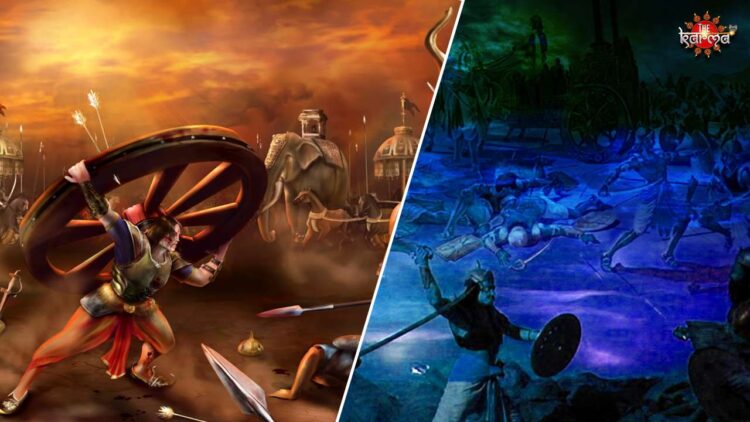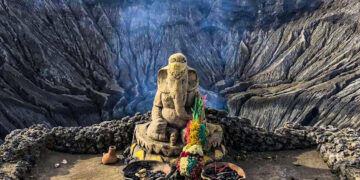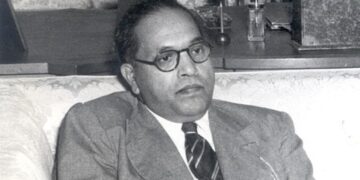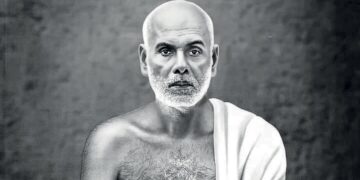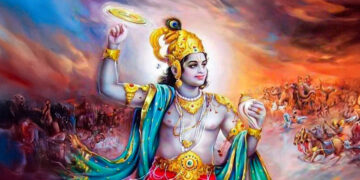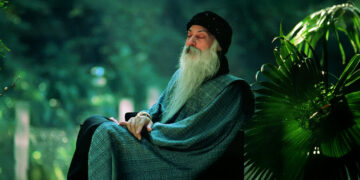You would love to watch Day & Night cricket match. It is very easy in today’s technological age to light up the darkness of the night like daylight. But even thousands of years ago, there used to be Day & Night matches. If you do not believe this, today, we are going to tell you the story of a Day & Night match in Dwaparyug. Don’t get shocked! At that time, there was no cricket match but a great war like Mahabharat being fought. Just as in today’s era, two different countries fight with bat and ball on the cricket field, i.e., they play the game. Similarly, in Dwaparayug, Kauravs and Pandavs were fighting a war with weapons in their hands.
(On one side aggressive pics of the India-Pakistan match, on the other side angry images of Pandavs and Kauravs)
The only difference was that it was not a game, rather it was a catastrophic war in which victory or defeat had to be decided at the cost of someone’s life. Imagine, in that era, there was neither electricity nor floodlights. Despite that, the two sides used to fight the whole night.
After all, how did they recognize their enemy in such darkness and were able to follow the rules of the Day & Night war? We got the answer in Mahabharat’s Ghatotkachavadhaparva. Where, on the query of Dhritarashtra, Sanjay tells us how the Kaurav and Pandav armies fought in the pitch darkness of the night.
Utsrujya Survay Paramaayudhani, Gruhnit Hastairjwalitan Pradeepan || 12
Through this Shlok, Sanjay is saying that Duryodhan instructed all his foot soldiers that “All of you Bravehearts, drop your weapons and hold the torches in your hands”.
Seeing this sight, the deities standing in the sky, Rishis, Gandharvas, Devarshis, Vidyadhar, groups of Apsaras, Nagas, Yakshas, Snakes and Kinnars, etc. also picked up the torches. The presiding deities of the Dishas also lit lamps filled with scented oil. Narad and the sages lit lamps for the convenience of the Kauravs and Pandavs. The army was illuminated by precious jewels and the shining Divyastras falling on the soldiers. There were 5 torches with each of the chariots. There were 3 torches with each of the elephants. One mega torch was with every horse. Pandavs and Kauravs had arranged this for their respective armies, such that even the darkest of the nights was bright like a day. And the warriors of both sides started fighting fiercely.
But due to the continuous day and night war, the warriors of both sides were very tired, and due to this tiredness, they were also getting very sleepy. The situation has become such that some soldiers, feeling sleepy, were not understanding whom they were attacking. In this dilemma, someone was killing the soldiers of his own side, while someone was attacking himself. Looking at this spectacle, Arjun, the son of Kunti, put forth a proposal to both parties.
Shrantaa Bhavanto Nidraandhaa: Sarva Eva Savahana: |
Tamasa Ch Vrutte Sainye Rajasa Bahulen Ch || 26
(Mahabharat, Dronavadh Parva, Adhyay 84)
Means – Soldiers, all of you are tired with your mounts and are losing sight from being sleepy. Here, this whole army is covered with extreme darkness and a lot of dust. Therefore, if you think it to be right, stop the war and have a nap on the battlefield for a couple of hours.
When Arjun said this, all the soldiers and warriors fell asleep wherever they were. All the tired elephants and horses laid down at their respective places. Some slept on the chariot, someone on the back of the horse and some slept on the ground. After sleeping for a couple of hours, as soon as the moon rose and beautified the East, in a single moment, the whole army woke up together and there was mayhem on the field of Kurukshetra.
This shows that the fierce war of Mahabharat continued even in the darkness of the night. To facilitate this, both the sides, as well as the other creatures present in every direction, arranged for the light. And helped this most destructive war in history reach its conclusion.

